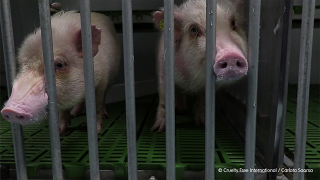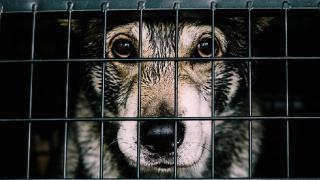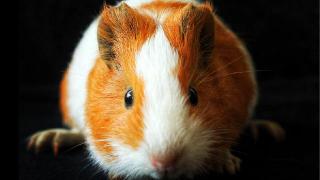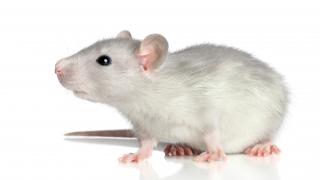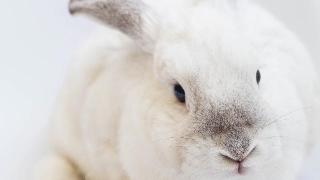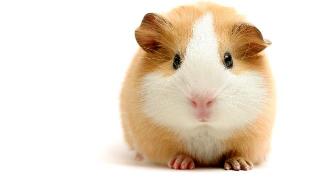Whenever a new product is brought onto the market, companies refer to official guidelines which set out how they must attempt to demonstrate it is safe to the relevant regulators. Sadly, these guidelines often still include outdated tests on animals.
Thankfully, scientists are developing humane alternatives to animal tests, and new non-animal methods are regularly becoming available. Before they can be used, alternatives are rigorously tested, validated and finally approved for use so scientists and regulators are sure they work. This means that they are as good as—if not better and more reliable than—the cruel and outdated animal tests they replace.
Unfortunately some scientists can be slow to trust non-animal methods and, together with a very complicated bureaucratic process, this can slow down their use.
This means that hundreds of thousands of animals are still used around the world right now for tests that have scientifically valid, humane alternatives. We believe this is unacceptable.
The solution
Our work provides a vital role in ensuring that alternatives to animal testing for medicines, chemicals and cosmetics do not fall through the gaps in the bureaucratic process.
We monitor developments in humane testing and use our scientific and legal expertise to ensure guidelines allow the use of alternatives to animal testing, as the law requires.
Specialist expertise
Our in-house team of animal protection scientific staff, legal team and specialised consultants have contributed to the promotion of alternatives and the creation of better regulatory advice and action.
Over the last 10 years our science team has developed an international reputation for producing challenging, yet well researched and honest contributions to the scientific debate on the use of animals in research and testing.
How we help
Our science and regulatory affairs team is working to save as many animals as we can by encouraging national and international regulators to challenge the use of animals and accept valid alternative methods to animal testing.
We make a positive difference for animals in laboratories by:
- Investigating cases where alternatives are not being used, often following undercover investigations, and challenging the relevant companies and regulatory authorities to take action, including by court action. Find out more about our investigations.
- Examining animal testing guidelines and legislation and bringing cases to the attention of the authorities, for example where specific animal tests should be deleted or replaced. We work with our partners at ICAPO and ICAPPP to do this.
- Writing scientific papers challenging the problems with animal testing and suggesting solutions. Find out more about our scientific papers.
What you can do
The simple act of signing a petition, sending an email or going cruelty free could make a real difference to animals in laboratories. Get involved today and help us end animal testing worldwide. Stay informed about important campaigns and how you can help.
Our Cruelty Free Science campaigns
Save the dogs
subtitle: Help us stop the use of dogs in experiments
End the trade in primates
subtitle: Thousands of monkeys are traded globally for research
The MAP Campaign
subtitle: Make Alternatives a Priority in the US
Ending toxicity testing on dogs and monkeys
subtitle: Help us end the use of dogs and monkeys in experiments
Replace Animal Tests: The RAT List
subtitle: 10 animal tests that should be replaced
10 animal tests that should be replaced
Replace Animal Tests: The UK RAT List
subtitle: 5 animal tests that should be replaced
5 animal tests that should be replaced
Make Their Voice Count
subtitle: Pledge to #MakeTheirVoiceCount in this administration.
Animals don’t speak our language, but that doesn’t mean they don’t have anything to say.
Global Cosmetics Campaign
subtitle: Ending cosmetics testing around the world
Making North America cruelty free
subtitle: Ending animal testing for cosmetics in North America
Help us #SendSurvivorsHome by supporting the CARE Act
subtitle: Ask your US Representative to support the CARE Act.
Over 200,000 dogs, cats, and rabbits are used in experiments each year in the United States. The Companion Animal Release from Experiments (CARE) Act will ensure that dogs, cats, and rabbits are placed in loving homes

